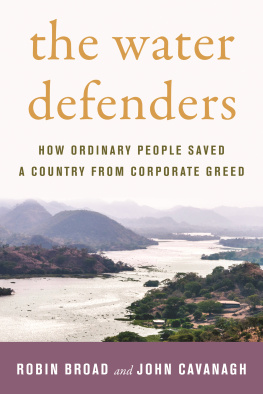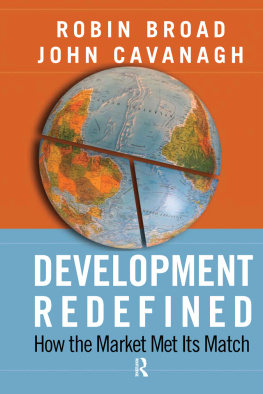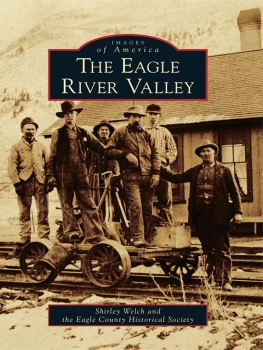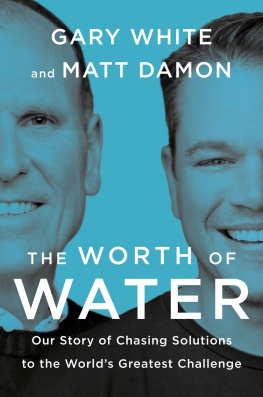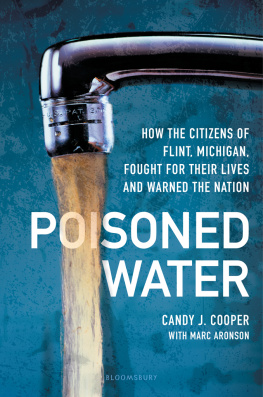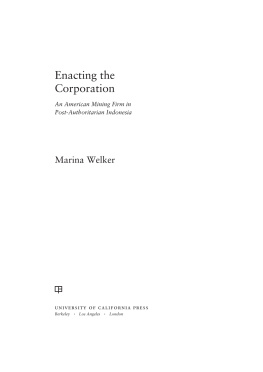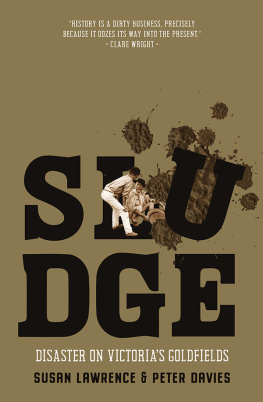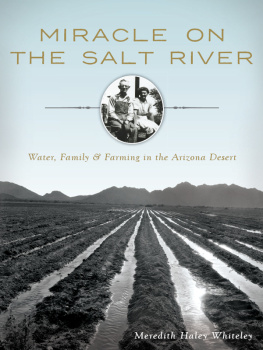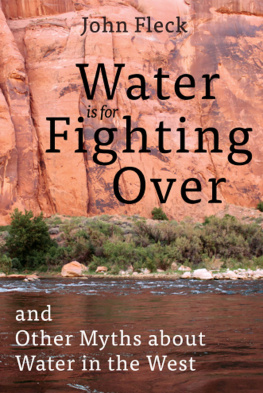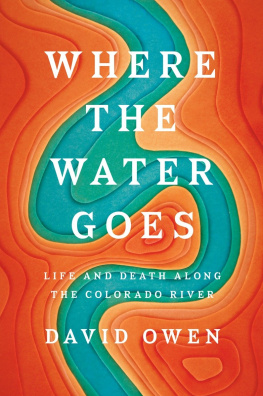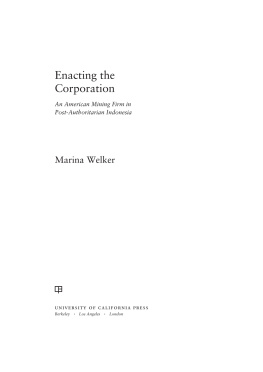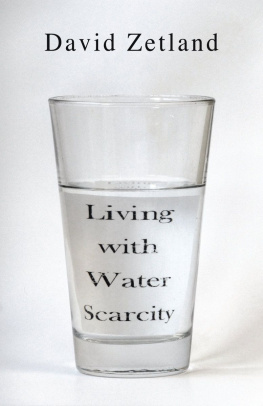Contents
Guide

To water defenders everywhere,
especially to martyrs Marcelo Rivera,
Ramiro Rivera, Dora Sorto,
and Juan Francisco Duran
Yo saba que ibamos a triunfar, me lo dijo el ro.
(I knew that we would triumph, the river told me so.)
BERTA CCER ES ,
a leader in the indigenous Lenca peoples campaign to protect the Gualcarque River from a massive dam project planned to provide energy for Hondurass mining and logging industries, assassinated in 2016
INTRODUCTION
They came from the North with their money and their guns
for the gold in the hills where the Lempa River runs.
Marcelo Rivera, hell never grow old.
Water for life, or is it water for gold?
From song Water for Gold,
lyrics by Joe Uehlein
I n late June 2009, the two of us received deeply disturbing news: Marcelo Rivera had been disappeared. We had never met Marcelo, but we had been looking forward to doing so. He and four other water defenders, as they would become known to many, were scheduled to travel to our city, Washington, DC, to receive a human rights award.
At that point, we had never been to Marcelos home country, much less to his hometown or the old house he was renovating. Nor did we have any plans of going there. To be honest, we did not know the difference between a tortilla and a pupusa .
For nearly two weeks, Marcelo Riveras family could not find him. Then, on June 29, they received the phone call they had been dreading. The anonymous caller was brief. There was a body in an old, abandoned well just west of the Rivera hometown of San Isidro, Cabaas. The well was near the spot where Marcelo had last been seen some twelve days earlier, getting off the bus at a turnoff to the capital city.
During those twelve days, Marcelos family and friends had been at wits end, searching frantically, desperately, for him. They had spread news of his disappearance in all the barrios of San Isidro and nearby towns. They had called the police for over a week, to no avail. The Rivera family had even filed a formal complaint with El Salvadors attorney general, pleading for him to conduct a search and an investigation into Marcelos disappearance. But another poor person gone missing up in the rural north meant little to the authorities.
After the anonymous tip to Marcelos family, the police finally acted. They pulled the remains of a body out of the dry, thirty-meter-deep well. So extensive was the torture that the body was unrecognizable. The face was grotesquely disfiguredno jaw, no lips, no nose. The fingernails had been ripped off. The testicles bound. The trachea had been broken with a nylon cord. In the assessment of the coroner, the death had been caused by asphyxiation. The public prosecutor disagreed, concluding that that death had come from blows to the head by a hammer. Whatever the cause of death, the torture bore eerie similarity to that inflicted by right-wing death squads during the twelve years of El Salvadors gruesome civil war in 198092.
Thus Marcelo Rivera became the first of several water defenders to be assassinated in the twenty-first-century fight over mining in northern El Salvador.
Though we never met Marcelo, we have been haunted by him and the circumstances of his death ever since. Who killed Marcelo? And why?
Perhaps you know the difference between a tortilla and a pupusa. Or perhaps, like we had done, you are entering this story without a clue. Perhaps El Salvador is not even on your radar screen. Or perhaps El Salvador is on your radar screen only because of gangs or immigrants who trek north. But, really, that does not matter. Certainly, on one level, this is a story about El Salvador. At the same time, it is not just about El Salvador. This is a David-versus-Goliath story about a battle between a country and a foreign mining company. But it is also about how global corporationsbe they Big Gold or Big Pharma or Big Tobacco or Big Oil or Big Banksmove into poorer communities in countries all over the world.
Marcelos storybefore and after his murderis about the struggle for clean and affordable water everywhere. It is also a story about workers and communities defending their air and land, their health and their climate, and their rights to defend themselves against corporate incursion. About how to prioritize those rights and the common good versus the usual prioritization of the profits of big corporations and their owners. It is certainly a story about goldand when and why we should leave it in the ground. But it could be about coal or natural gas or other fossil fuels. About whether we measure progress in aggregate financial terms or through the well-being of people and the planet. About who gets to make the decisions that affect our lives.
To say that this story of the Water Defenders versus Big Gold holds keys to reversing the outsized power of global corporations today is not an exaggeration. You may find yourself surprised by the relevance of the strategies of the water defenders in El Salvador, whether your focus is on a Walmart in Washington, DC; a fracking company trying to expand in Texas or Pennsylvania; or petrochemical companies outside New Orleans. Along the wayhowever clichd the quote attributed to Margaret Mead may have becomeyou may also find yourself inspired by a small group of thoughtful, committed citizens who stand up to corporate power.
We first heard of Marcelo in May 2009, just a month before his murder. He was a thirty-seven-year-old teacher who directed his hometowns cultural center, an avid reader, a person who loved theater and the arts and a good practical joke. We heard his name because he was a leader of the main coalition of Salvadoran groups opposed to miningthe National Roundtable on Mining in El Salvador, or La Mesa. The roundtable was not well known outside of El Salvador. But we learned of it because the group had been chosen to receive a prestigious human rights award from the Institute for Policy Studies where John works.selected the roundtable to honor its opposition to mining companies eager to exploit the gold deposits near El Salvadors major river.
On a warm night in October 2009, just months after Marcelos body was pulled from that well, hundreds gathered at the National Press Club in downtown Washington, DC, to meet and applaud the Salvadoran water defenders. Among them was Marcelos youngest brother and best friend, Miguel. Miguel had come in his brothers place, and his grief marked his face.
Accepting the award on behalf of Miguel and three other roundtable leaders was a farmer and community leader from the heart of gold country, Vidalina Morales. Vidalina looked small behind the podium. The US congressman who presented the Letelier-Moffitt Human Rights Award towered over her, making her look even smaller. Dressed unassumingly in an orange blouse and red skirt, her long dark hair pulled back in a simple ponytail, her face free of makeup, she at first appeared hesitant. Nervous before the large audience. Fragile even.
Then she began to speak. Her words filled the auditorium, almost as though she did not need the microphone. For nearly twenty minutes, Vidalina held the crowd spellbound as she relayed the saga of El Salvadors water defenders standing up to Big Gold. The Lempa River, she explained, winds through the country like a snake, providing water for over half the population. Water for drinking, for fishing, for farming. Water for the cities as well as the rural population. But the project of the Canadian-headquartered Pacific Rim Mining Corporation at its proposed El Dorado site in Miguel and Marcelos hometown posed serious threats to the Lempa River. Key among the dangers was the toxic cyanide that Pac Rim would use to separate the gold from the rock.

